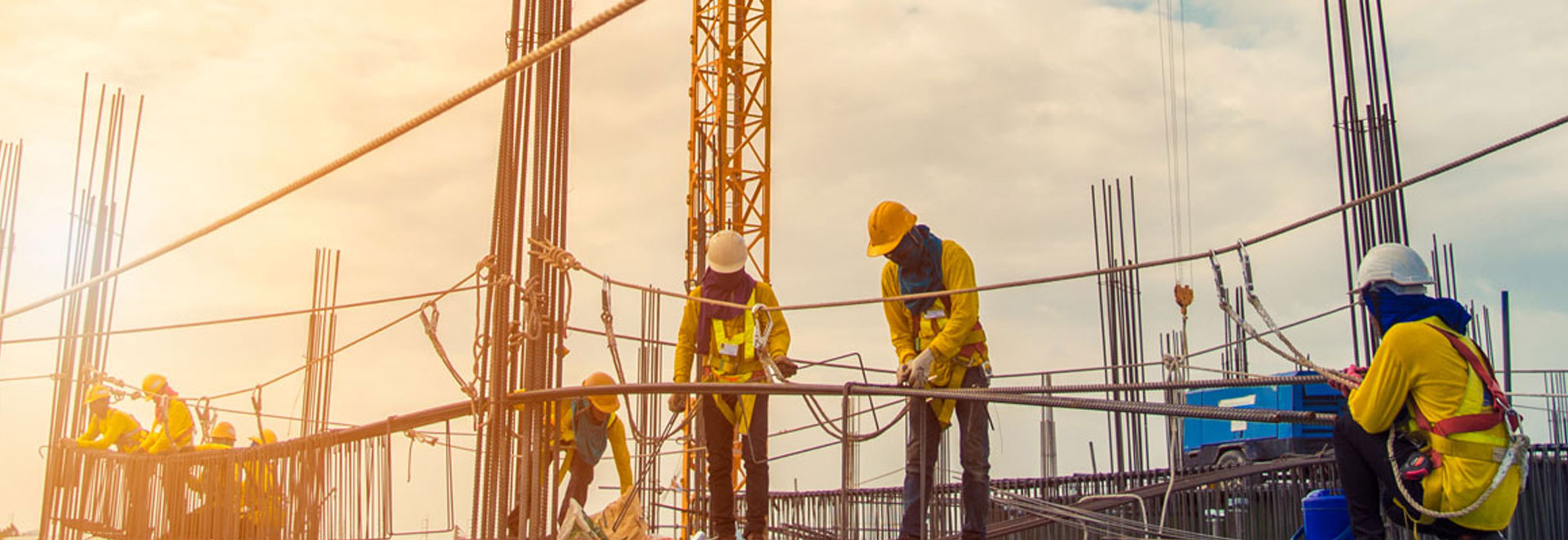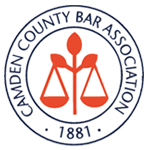Construction Workers
Construction work is dangerous and sites pose risks beyond other workplaces due to the dynamic nature of the work environment, including operation and movement of heavy equipment, uneven terrain, and exposure to the elements. Despite the danger, construction workers are entitled to work in a place that is reasonably safe and protected from unnecessary risks.
Governmental entities, such as the Occupational Safety and Health Administration (OSHA), set workplace standards where employers are expected to comply. Construction standards include requirements for using safe equipment, using techniques to minimize risk of harm, providing appropriate personal protective equipment, and the like.
OSHA also provides training modules to teach how to avoid injury. Its Focus Four modules provide training on avoiding injury from falls, caught in or caught between accidents, struck by accidents, and electrocution. These training modules discuss recognizing and preventing injury from these common workplace hazards.
Workers have a right to file complaints about workplace hazards with OSHA and their employers are not permitted to retaliate against workers for filing such complaints. OSHA investigates complaints, performs random inspections, as well as investigates all workplace fatalities. Despite best efforts, workers can still get injured on the job.
Remedy for Injured Workers
If a construction worker gets injured on the job, they are eligible to receive certain benefits. Every state provides its own version of workers’ compensation. This is a form of insurance that employers are required to carry and covers expenses related to workplace injuries. Workers’ compensation benefits provide compensation for lost wages and medical expenses. Additional benefits may also be available for vocational education. In addition, compensation for permanent disabilities caused by a workplace injury are usually covered. Death benefits may also be available for a deceased worker’s surviving family members.
Compensable Injuries
Virtually any workplace injury that is serious enough to cause missed work is covered by Workers’ Compensation. Common construction-related injuries and their causes include:
- Broken bones from falls or impact with heavy equipment
- Traumatic brain injuries from being struck in the head by falling objects
- Burns from welding sparks, fires, explosions, or electrocutions
- Eye injuries from welding or flying debris
Chronic exposure to certain hazards can result in injury, which can also be covered and include:
- Heat stroke from working in the sun on hot days
- Hand-arm vibration syndrome from operating jack hammers
- Hearing loss from working around loud equipment
- Repetitive motion injuries from performing the same tasks repeatedly
- Back strain from lifting heavy objects
Workers’ compensation can also cover workplace illnesses that typically result from repeated chronic exposure, such as:
- Respiratory disease from inhaling solvent, paint, and other construction-related substances
- Hearing loss from exposure to loud noise
- Other diseases, such as mesothelioma caused by exposure to asbestos
- Nerve damage from exposure to lead or lead products
How to Obtain Workers’ Compensation Benefits
To qualify for workers’ compensation, you must have been injured from your work or became ill as a result of your work and you must report the injury to your employer. Workers’ compensation is a no-fault insurance program. There is no need to prove that the employer was negligent to qualify. However, you are required to follow your state’s reporting and filing requirements.
States differ in how they administer their workers’ compensation programs. There is a relatively short time frame for filing claims. You will likely be required to submit to a physical examination by a physician chosen by the program as opposed to your usual doctor.
How Much Compensation is Available?
Although states vary, the usual compensation for lost work is about 66 percent of the injured worker’s base salary. In addition, medical expenses will be paid to the point where maximum benefits are achieved. These programs generally use a formula to determine compensation when workplace injuries result in permanent disability and/or disfigurement.
What If My Employer Challenges the Claim?
Sometimes an employer will challenge the claim. For example, they may know you have a pre-existing heart condition and try to attribute a heart attack you reported as work-related to your lifestyle rather than your work. These disputes can jeopardize a valid case if not properly defended. It is important to have good advice when handling such challenges.
New Jersey Construction Injury Lawyers at Pietras Saracino Smith & Meeks, LLP Represent Injured Workers and Their Families
If you or someone you know suffered a work injury, our experienced construction accident lawyers in New Jersey can help. We will review your case and obtain the compensation you deserve for your injuries. Call us at 856-219-4665 or complete an online form for a free consultation. Located in Cherry Hill, New Jersey, we serve clients throughout South Jersey, including the City of Camden.






